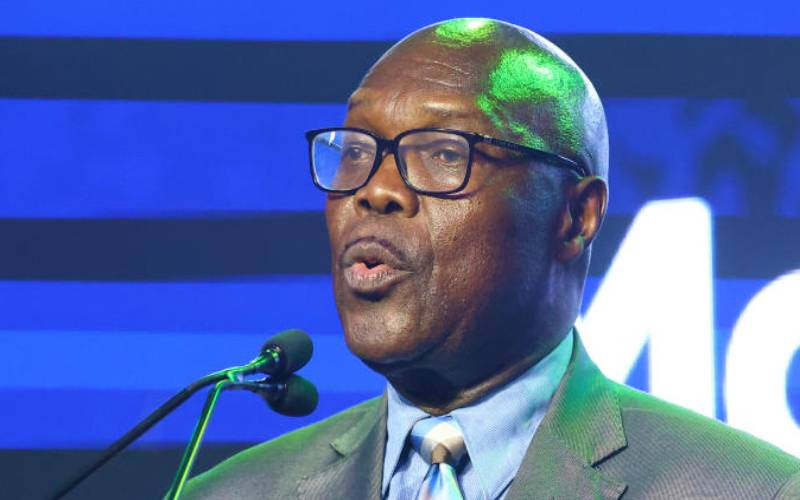×
The Standard e-Paper
Fearless, Trusted News

Revelations by Gor Mahia chairperson Ambrose Rachier that he is a member of Freemason has opened debate into the nature of this highly secretive society.
Rachier said in an interview on NTV on Sunday, October 2 that he's been a member of the Freemason for 28 years, since 1994.